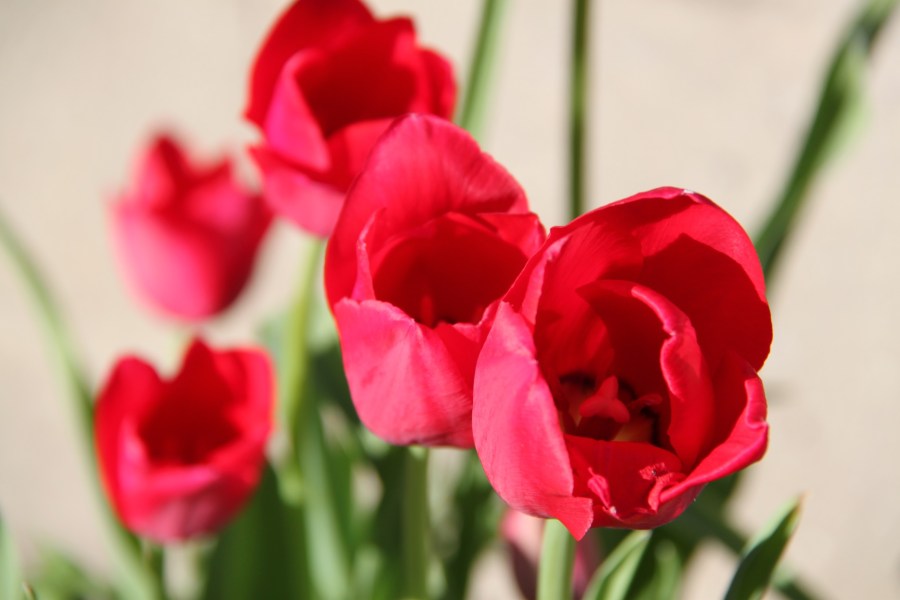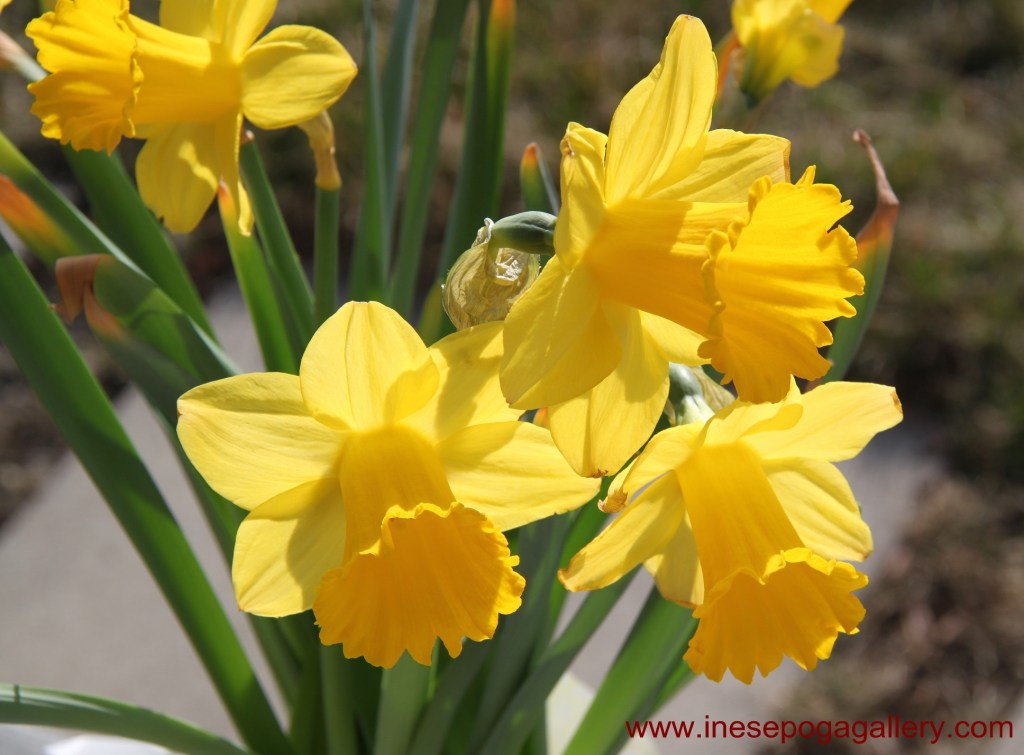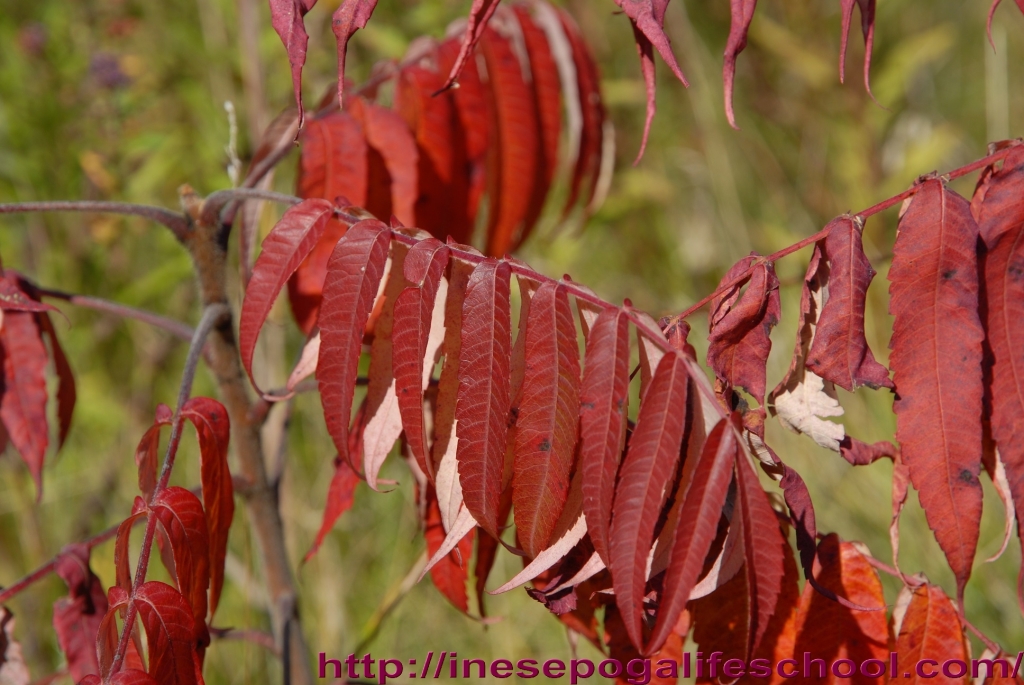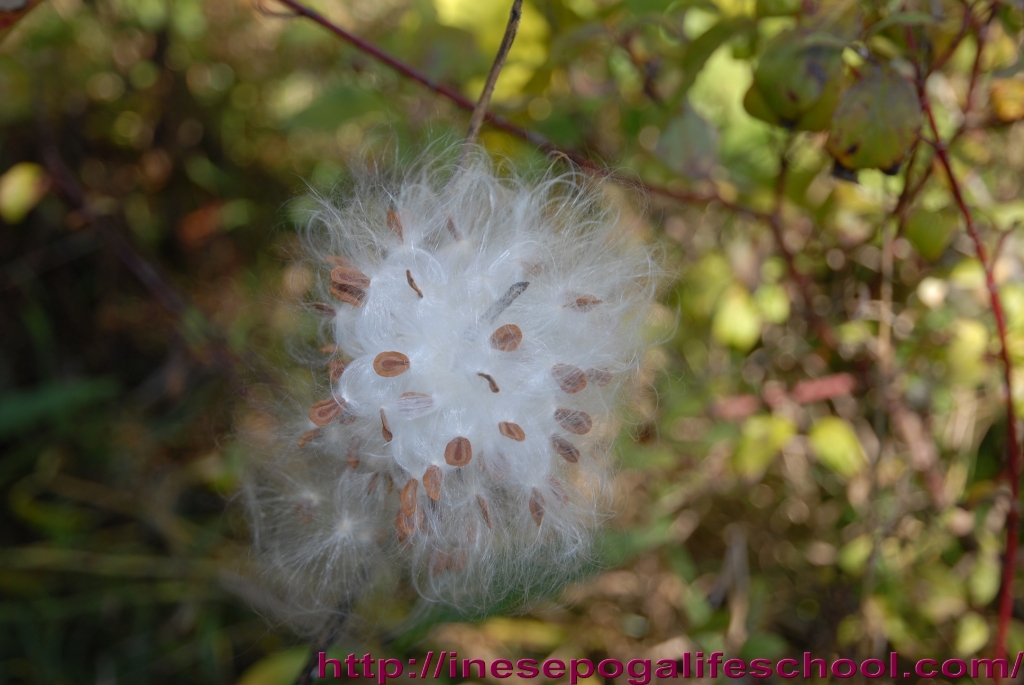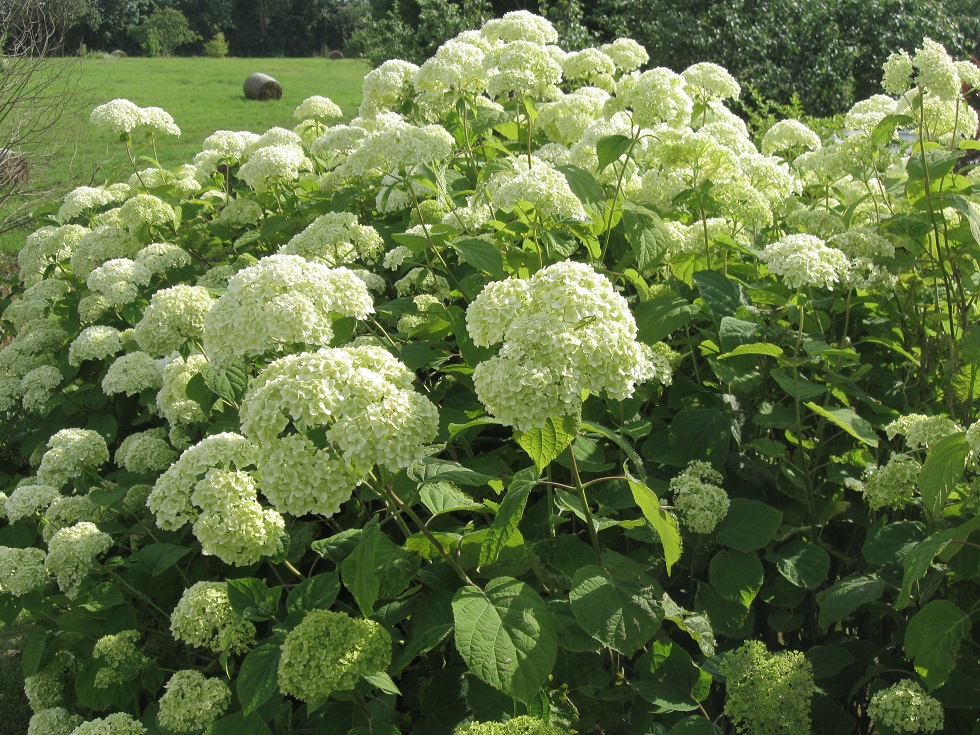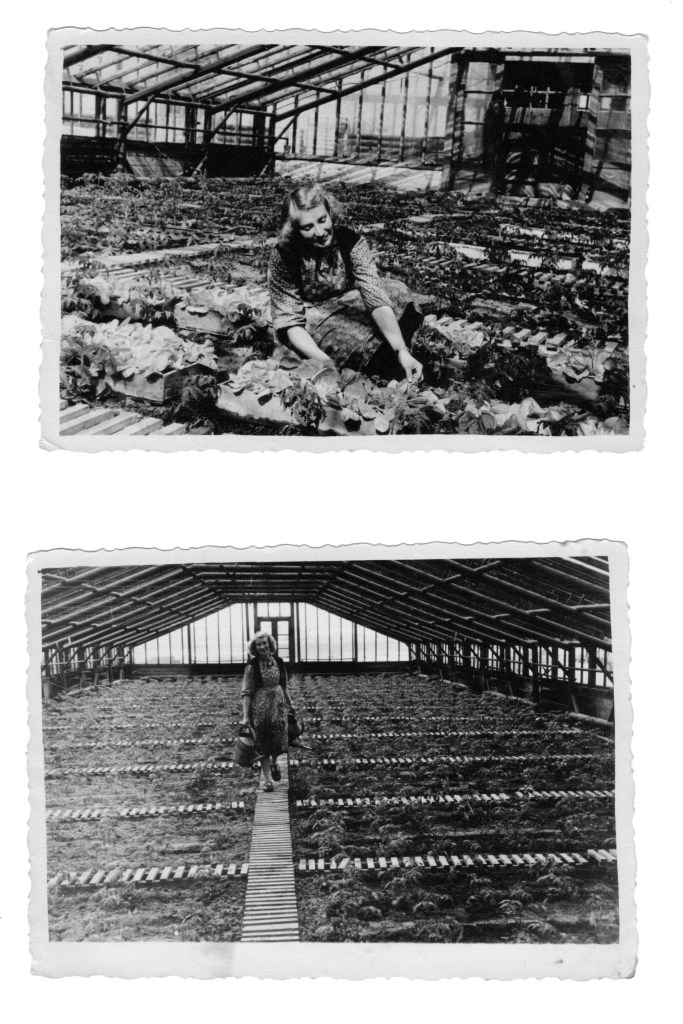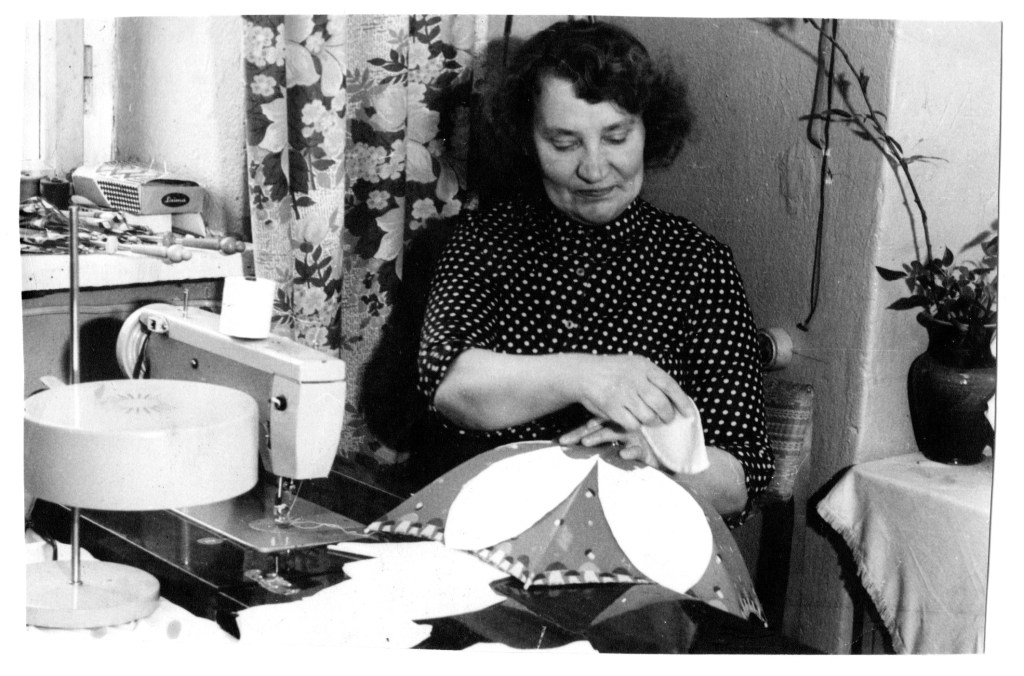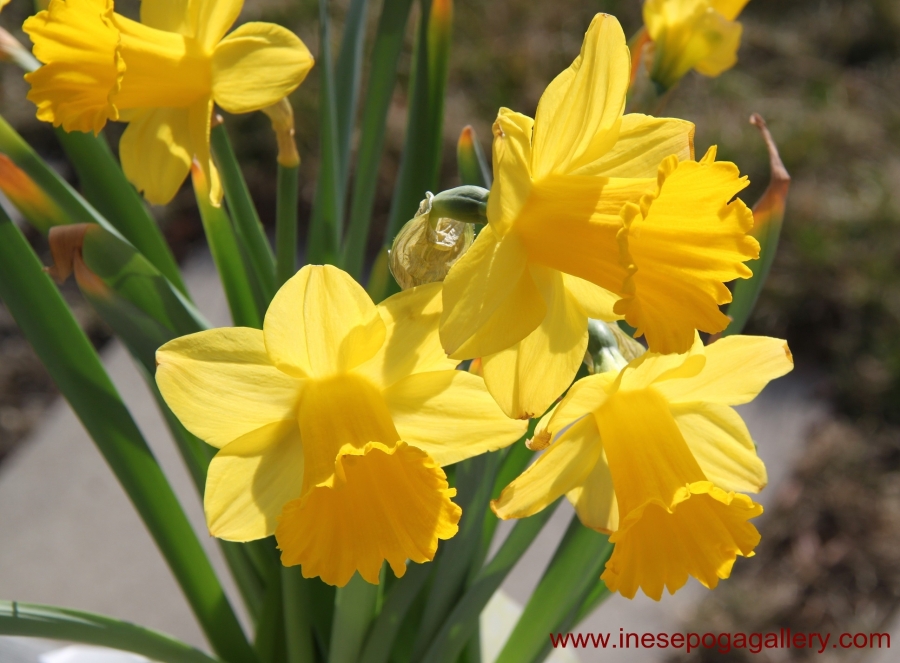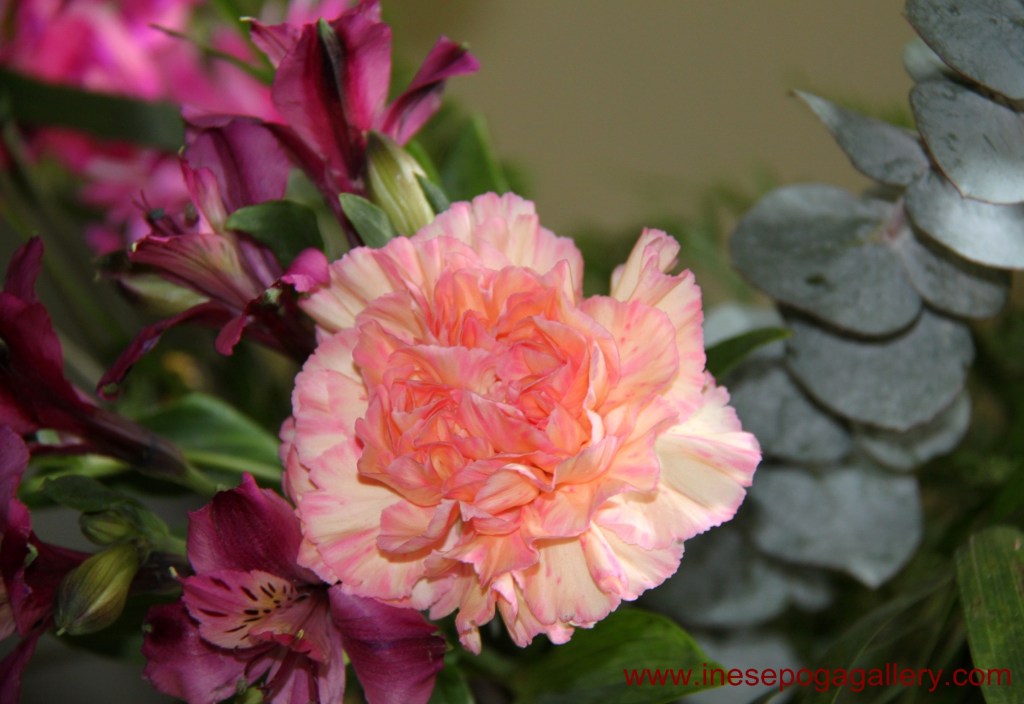Since the International Woman’s Day March 8, resonates with Me too and Time’s up movements in North America recently, this day has become more visible and more important by now.
It wasn’t actually this way before. I have been writing March 8 articles every year, and they quite often didn’t get much response. I believe it is because the day as such did not feel very important for many women or they associated it only with socialism and political movements, thus, it wasn’t widely popular.
While general articles mention North American and British suffragist movements as origin of this day, it is not entirely true. It is quite visible that the contribution of women fighters for female equality, such as Clara Zetkin, Inessa Armand, Alexandra Kollontai, the first soviet woman ambassador, and Nadezhda Krupskaya, Soviet Union’s Deputy Minister of Education and women’s rights advocate has actually not been acknowledged globally. I would think it is because they were all socialists, to some extent representing communism, and it is assumed that nothing good came out of all this movement and their personal fights. They actually addressed issues such as sexuality, abortion, marriage, divorce, morality, sexual relations between genders, family relationships, motherhood and role of mother, getting rid of male dominance in any area of life and physical abuse about 100 years ago in Russia and Western Europe at a time when nobody dared even to speak out about these issues. One has to remember that the state of education wasn’t really the same what it is right now, in 2018. Only the richest women would be able to obtain good education and it was rare they would have important political and executive positions, hence woman’s role was mostly understood as the one of a family member and mother.
The United Nations began celebrating International Woman’s Day on March 8 only in 1975.
This day was celebrated always in former Soviet Union as far as I can remember, and I am 60 this year. To me and many soviet era women from former soviet republics this day felt as one of the most wonderful days in the entire year. White and pink tulips, bright yellow daffodils and mimosa, as well as any early spring flowers were given to every woman. It was always celebration of a woman. This tradition continues in the independent Republic of Latvia, and it still goes very strongly.
What are the achievements due to the highly recognized role of a woman during the soviet and post-soviet era? There are actually many, although, we do not want to admit that. First of all, it was free education for everybody from the nursery school to the University. I had only excellent grades also while studying at the University, so, the government actually paid me monthly which was a huge financial aid. That means that the higher education was not only free, but also promoted in any possible way. The female dominance in higher education was absurd. I was studying foreign languages, and among students of many departments there were just very few male students with about 90% being female. This sounds crazy, and so it was. Male students would be choosing the Technical University and similar establishments, but still at a much lesser rate.
The aspect that was definitely promoted was female participation, equality and recognition of female achievements. It went way beyond that.
The period after the World War II was dominated by women in Latvia. First of all, there were more women who survived the war, and secondly, more women were well-educated. It went way too far in regard that women lost their female side and became work heroes: woman, the tractor driver and heavy machinery operator, the “rifle woman”, woman, the chair of an industrial plant who deals exclusively with work matters, denies make-up and fashion, denies any weaknesses and puts their political and social role above anything.
The scientific sector is dominated by women in Latvia: it is at 51% which is the highest rating among all European Union countries. It is not surprising, because traditionally and historically women have always been at the top due to excellent education, devotion and intelligence in Latvia. I mean, while living in Latvia I never felt any restrictions, any discrimination to me as a woman. It was, in fact, the opposite: starting with elementary school and ending with University, my success was always much acknowledged and I was always sitting in the first row when students were receiving yearly awards for state competitions in essay writing, geography, math, physics, foreign languages and visual art. Latvian women have also always been socially very active. It is pretty well-known that the Canadian Latvian Vaira Vike-Freiberga became a president of the Latvian Republic not that long ago.
The list of women high-achievers in Latvia would be very long and large. I suppose the roots and origins of female dominance in such countries as Latvia is somewhat historically and traditionally related to our life style and way of thinking. Latvian women have been and still are extremely independent and mentally strong.
I do miss a lot of that Latvian free spirit here in Canada. I’ve become invisible and I do not enjoy the social recognition I had back there. Well, I am kind of newcomer to Canada also, and I have been here for only 14 years yet. Ones efforts become much diluted in such a big place like Canada, and I feel that anything I do goes unnoticed to a big extent.
Well, this day is referred to in Latvia as simply Women’s Day, and it is celebrated in every family, at any workplace, at every school and at every office. It is a beautiful tradition which comes with spring flowers and feeling that spring and woman are synonyms.

This is a contribution to all women who are trying to be and feel equal in any walk of life. You certainly deserve all the most beautiful spring flowers that exist!

